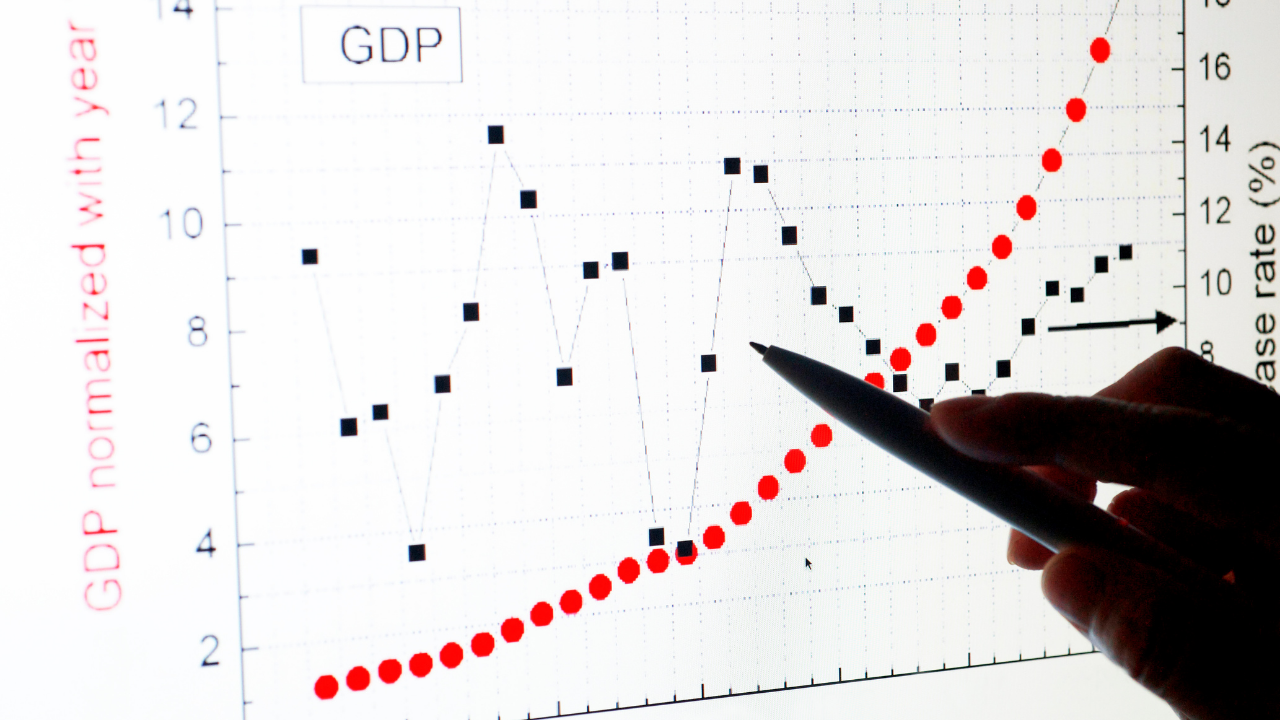GDP growth soars to 8.3 percent but next admin warned vs reform reversal
MANILA, Philippines—With reopening of more productive economic activities in full swing, the Philippine economy grew by a stronger-than-expected 8.3 percent year-on-year in the first quarter, notwithstanding an Omicron outbreak at the start of this year, the government reported on Thursday (May 12).
While the robust first-quarter gross domestic product (GDP) performance — the fastest growth in the region that reverted the Philippines’ output to pre-pandemic levels — would augur well for achieving the 7 to 9 percent GDP growth target for 2022, Socioeconomic Planning Secretary Karl Kendrick Chua pushed for continuity of policy reforms instituted by President Rodrigo Duterte and warned against their possible reversal by the next administration, likely to be led by Ferdinand Marcos Jr.
National Statistician Dennis Mapa said that on a seasonally adjusted basis, January-to-March GDP—or the total goods and services produced in the country—also grew 1.9 percent compared to output during the fourth quarter of 2021. The first-quarter year-on-year GDP growth reversed the 3.8-percent drop during the first three months of 2021, which extended the Philippines’ worst post-war recession to five straight quarters at the height of the most stringent and longest COVID-19 lockdowns in the region.
But with manufacturing, wholesale and retail trade, motor vehicles and motorcycle repairs, as well as transportation and storage expanding strongly, Mapa said real GDP from January to March this year–P4.62 trillion—already exceeded the pre-pandemic output worth P4.46 trillion in the first quarter of 2019.
For Chua, who heads the state planning agency National Economic and Development Authority (Neda), it was the dismantling of strict pandemic restrictions that mainly reinvigorated the economy battered by COVID-19.
“We have overcome our country’s greatest economic and health challenges. The headwinds we faced were strong, but our quick rebound from the Omicron surge in January proved that we can live and deal with the virus,” he said.
“With our strengthened health care capacity and accelerated vaccination program, we were able to contain the surge and safely reopen the economy,” Chua said.
“Growth in the first quarter of 2022 was broad-based as most sectors rebounded from their contractions in the same period last year,” Chua added.
While high commodity prices tempered the agriculture sector’s growth, industry and services led the production side, Chua noted.
As for expenditures, the Neda chief pointed to a 10.1-percent jump in private consumption which reversed 2021’s 4.8-percent decline, and offset slower government spending which he blamed on the ban on new public projects ahead of the May 9 national elections.
Chua said the growth target for 2022 was achievable, although “heightened” external risks like Russia’s invasion of Ukraine, economic slowdown in China — the Philippines’ top trading partner— as well as forthcoming aggressive interest rate hikes in the US posed a risk to sustained domestic expansion.
To shield the Philippine economy from global shocks, Chua said the government was working to address elevated inflation. He also reiterated the need to resume in-person classes to mitigate short-term as well as long-term learning loss among the youth.
“Under alert level 1, children are allowed to engage in leisure and recreational activities in all indoor and outdoor venues, but the most important activity of children — studying — continues to be restricted,” he said.
“Hence, we reiterate our call for the urgent resumption of face-to-face schooling plus a catch-up plan to regain lost learning in the past two years. This will help secure better opportunities for future generations and ensure that our demographic dividends will not be wasted,” Chua said.
Chua also urged the incoming administration to build on the Duterte-led government’s inroads through policy continuity.
The then candidate Ferdinand Marcos Jr., while providing only scant details, had said he may look into suspending the rice tariffication law as well as giving away additional dole outs to vulnerable sectors badly hit by the prolonged pandemic, which would put pressure on the government’s limited resources and fiscal space narrowed by the prolonged pandemic.
Economic think tanks had warned that some of the plans of the presumptive President could further enlarge the country’s already ballooning debt and put the Philippines’ investment-grade credit ratings at risk.
Sought to comment, Chua pointed out that only targeted subsidies work, while liberalized rice trade since 2019 not only brought down prices of the Filipino food staple but also provided billions of pesos in financial support to local farmers hurt by the influx of cheaper imports.
Chua also urged the next administration to immediately lay down its economic agenda to ease jittery markets and investors.
Chua said he had not been offered by Marcos’s camp to stay on in Neda. He said was planning to again study and spend more time with his family after June 30, adding that he can help the country in other ways besides being Neda chief.
For Chua, Marcos Jr.’s economic team must be “willing, able, and available” to steer the Philippines to recovery from the pandemic-induced scarring.

